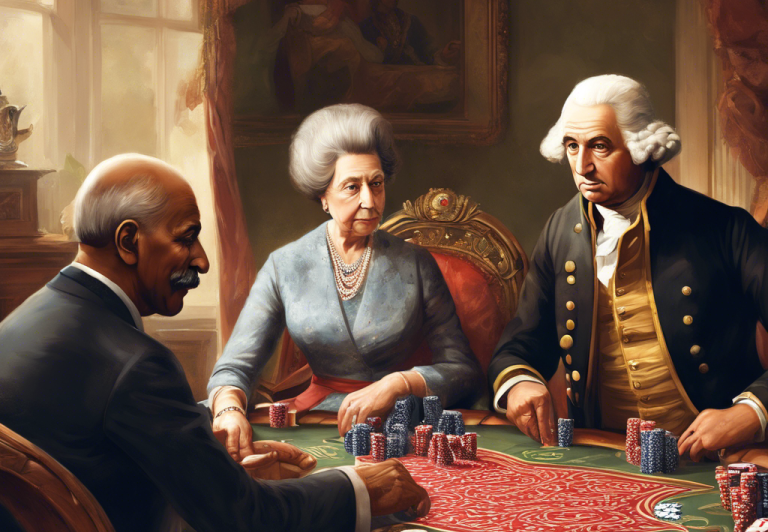How Do You Define Leadership?

Exploring Leadership Through Diverse Perspectives
Leadership is an enduring concept embedded in human history. In this exploration, we unveil its multifaceted nature through the insights of philosophers, political leaders, military strategists, and business magnates. Through these timeless insights, we extend an open invitation for you to define leadership for yourself. Join us in unraveling the layers of what it truly means to lead.
Political Leaders: Guiding Nations
In the political arena, where the fate of nations rests on leaders' shoulders, diverse philosophies on leadership surface.
Context: During World War II, Churchill's leadership was crucial in uniting the British people against adversity.
Context: In the context of the civil rights movement, Martin Luther King Jr. stressed that a genuine leader doesn't merely seek consensus but actively shapes it.
Context: Eisenhower, a military leader and U.S. president, highlights the foundational importance of integrity in leadership across different domains.
Context: As a long-reigning monarch, Queen Elizabeth II emphasizes the universal attributes of leadership, promoting collaboration and shared efforts.
Military Figures: Strategic Guidance
Turning to military history, where strategic minds shape outcomes, leadership takes on unique dimensions.
Context: Washington's leadership during the American Revolution underscores the role of a leader in enabling the success of others.
Context: The ancient conqueror reflects on the importance of strong leadership in military endeavors.
Context: Sun Tzu's "Art of War" emphasizes strategic leadership with a focus on achieving objectives efficiently.
Context: Hannibal, a Carthaginian general, stresses the moral dimension in leadership during times of conflict.
Business Perspectives: Navigating Corporate Realms
In the corporate world, where organizations thrive or falter based on leadership, insights from influential business minds emerge.
Context: Bennis, a scholar on leadership, emphasizes the role of leaders in turning vision into tangible outcomes.
Context: Nooyi, former PepsiCo CEO, acknowledges the complexity of leadership and the challenges in defining its essence.
Context: Welch, former GE CEO, underscores the importance of developing leadership within a team for overall success.
Context: Branson, entrepreneur and founder of the Virgin Group, emphasizes the collaborative and empowering aspect of leadership.
Philosophical Reflections: Abstract Wisdom
Venturing into philosophical reflections, where abstract wisdom converges with leadership principles, we discover timeless insights.
Context: Aristotle, a philosopher, highlights the interconnectedness of followership and leadership.
Context: Einstein, renowned physicist, emphasizes the role of leaders in fostering collaboration and enabling collective achievements.
Context: Gandhi's leadership was rooted in nonviolent resistance, emphasizing the power of unity and understanding.
Context: Confucius, a Chinese philosopher, emphasizes a humble and supportive approach to leadership.
What Does Leadership Mean to You?
We invite you to share your unique perspective on leadership by leaving your own definition in the comments section of our corresponding LinkedIn post. Join the conversation on LinkedIn and connect with professionals from diverse backgrounds as we explore the multifaceted nature of leadership together. Your insights contribute to building a community of thought leaders on this important topic.
Also Consider exploring Leadership Development opportunities available with the WashU Technology & Leadership Center. Whether you're looking to enhance your leadership skills, navigate complex corporate realms, or foster strategic guidance, our programs are designed to empower you on your leadership journey.
Author's Note:
This article represents a hybrid blog, a collaborative creation combining the creative content and personal experiences from our staff with the capabilities of AI language technology. The content aims to blend human-driven storytelling and AI-assisted precision, showcasing the potential synergy between human creativity and artificial intelligence in the realm of content creation.
Subscribe Here!

